THE political barbs may be flying, but investors are not taking flight ahead of Zimbabwe's crucial presidential and general elections at the end of the month.
Since Zimbabwe decided to put its economy on track by adopting the dollar standard in 2009 - this prevents the government from printing money on a whim and driving up inflation - investment interest has been growing, especially among foreigners.
The Zimbabwe Stock Exchange has made 40% for investors brave enough to take on the risk despite controversial land and indigenisation policies still looming large. But they are not keen to miss out on the long-term growth story and are willing to ride out any short-term election volatility.
Richard Honey, an investment director for Africa at Investec Asset Management - which manages in excess of $3bn on the continent excluding SA - says he has noticed significant interest from global investors at Zimbabwe-focused investment seminars this year.
There have been some significant successes since the economy reformalised and dollarised.
OK Zimbabwe, the supermarket retailer that used Investec Asset Management's private equity team to help underwrite its rights issue in early 2010, has seen 156% growth in revenue between the year ending March 2010 and this March.
"The company had a strong management team and large store network, but needed capital to stock shelves and upgrade stores," says Mr Honey.
He says investors are also aware that unlike other African countries, Zimbabwe has a lot of existing infrastructure like rail, which is "battered and bruised". The challenge is getting the capital and investment to maintain and upgrade. He says education remains something of a "national obsession" in the country too.
"The platform is there, but the country needs to continue to drive economic growth," he says.
John Legat, the Harare-based director responsible for group asset management at Imara, said the market was strong again this week and while volumes slowed at one point, foreigners are still accumulating shares.
"Domestic investors are the ones waiting in the wings," he said yesterday.
The economy has grown from about $9bn in 1998 to a projected $11bn this year, (though in 2008 it had shrunk to $4.5bn) though this pales when compared to peer countries like Zambia, which has grown in the same period from $3.75bn to $23bn.
Zambia's economy has grown seven-fold in the past 15 years, versus just 1.2 times for Zimbabwe.
Mr Honey says "politics and policy" is the main difference, as both countries are landlocked, with broadly similar mineral and agricultural endowments and comparable populations.
Zimbabwe Stock Exchange statistics show that foreign partic-ipation in the equity market was at 40% last month, up from 32% in May, though down from 45% at the beginning of the year.
Total market capitalisation is up 38% to close to $6bn, and the total industrial share index is up 40% since the beginning of the year.
However, Mr Honey says that the next stage of growth is "slightly trickier".
"Already, we are seeing a slowdown with elections fast approaching," he says.
"Lots of consumers and business owners are currently sitting on their hands and not making decisions due to the uncertainty around politics. From dollarisation in 2009 we think Zimbabwe has progressed nicely, and over the longer term we still believe the country has further catch up growth potential.
"But as always in Zimbabwe the country's ability to fulfil this potential is closely linked to politics and the resulting policies," he says.
Investec Asset Management is more interested in the consumer story in the country rather than mining opportunities at this stage.
"We are not actively changing our portfolio position. We have built up good positions and are happy with the way they have performed," says portfolio manager on the Africa fund Joseph Rohm.
But he says "having a credible election next week" will provide a solid platform.
"We made some early investments and these have been successful ... but in the near-to- medium term it is still tricky as we don't know what is going to happen, but we believe in the Zimbabwe opportunity over the longer term.
"We don't think we need to be selling - but we are not doubling up either."
While Investec has some resources holdings, they are viewed as "challenging" as they require capital and the uncertainty around indigenisation policies "makes raising capital difficult".
It is easier to see the consumer potential - for example cellular penetration is over 95% now - up from below 20% in 2008. "This demonstrates the power of the aspirational Zimbabwean consumer," says Mr Rohm.
Mr Legat says: "Zimbabwe has a very healthy investment story 10 years down the line."
- BDlive
 Rain reprieve for Sadc region
Rain reprieve for Sadc region  ZEP holders face renewed uncertainty
ZEP holders face renewed uncertainty  India dumps US Treasury bills
India dumps US Treasury bills  ZSE and VFEX recover after weak 1st half
ZSE and VFEX recover after weak 1st half  Gold edges up as traders await guidance
Gold edges up as traders await guidance  Zeco returns to profit on revenue surge
Zeco returns to profit on revenue surge  Young Investment Professional (YIP) Graduate Programme 2019
Young Investment Professional (YIP) Graduate Programme 2019 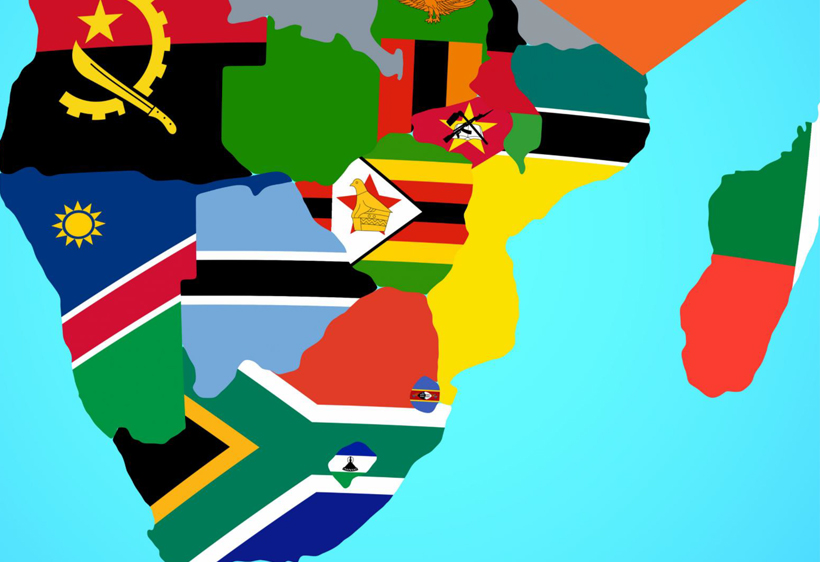

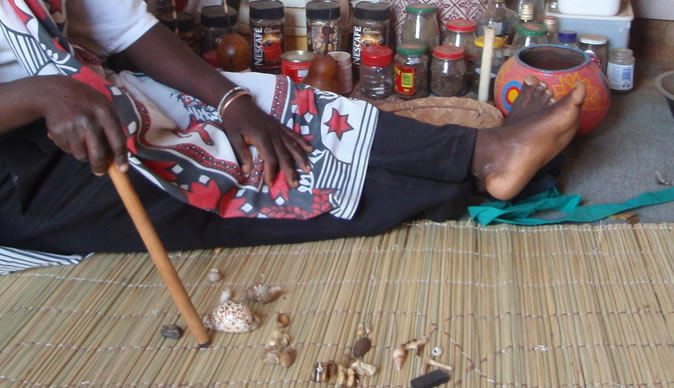
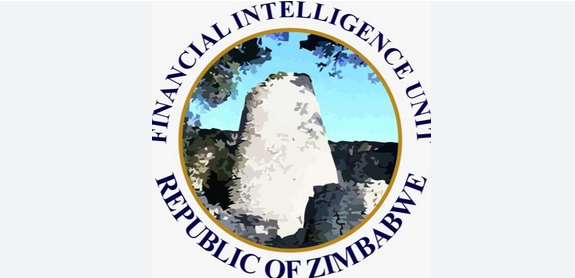
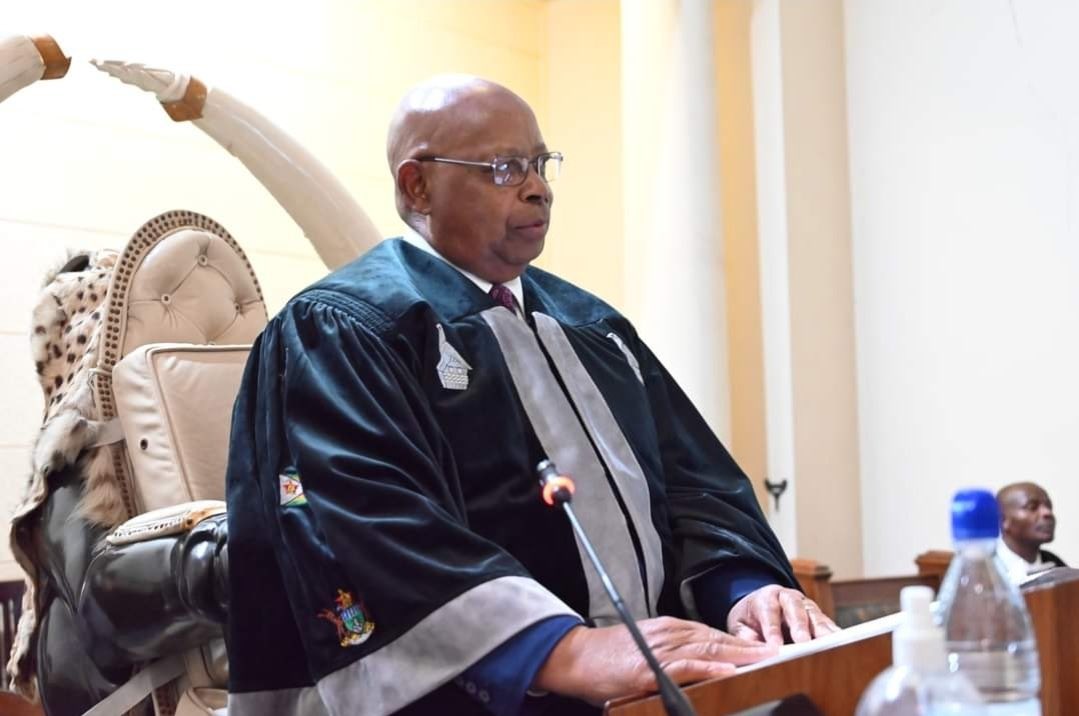


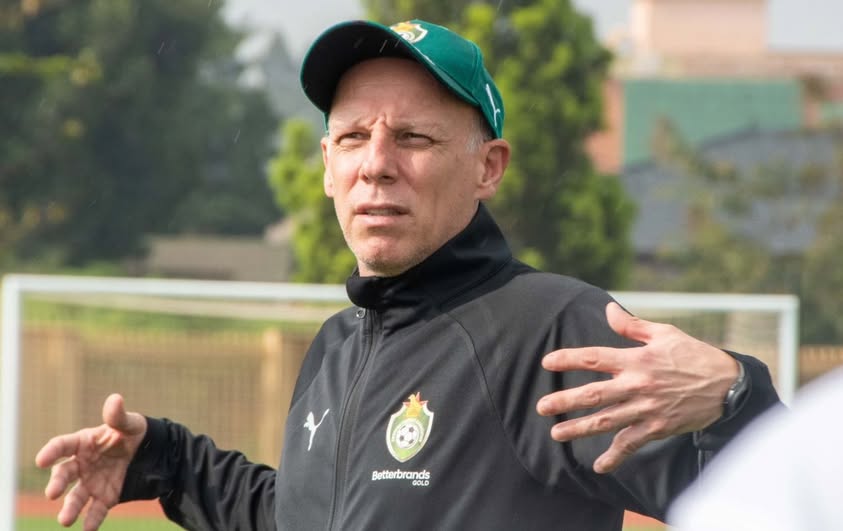
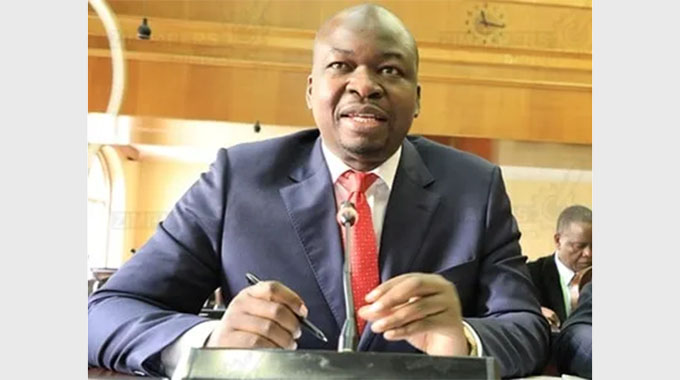
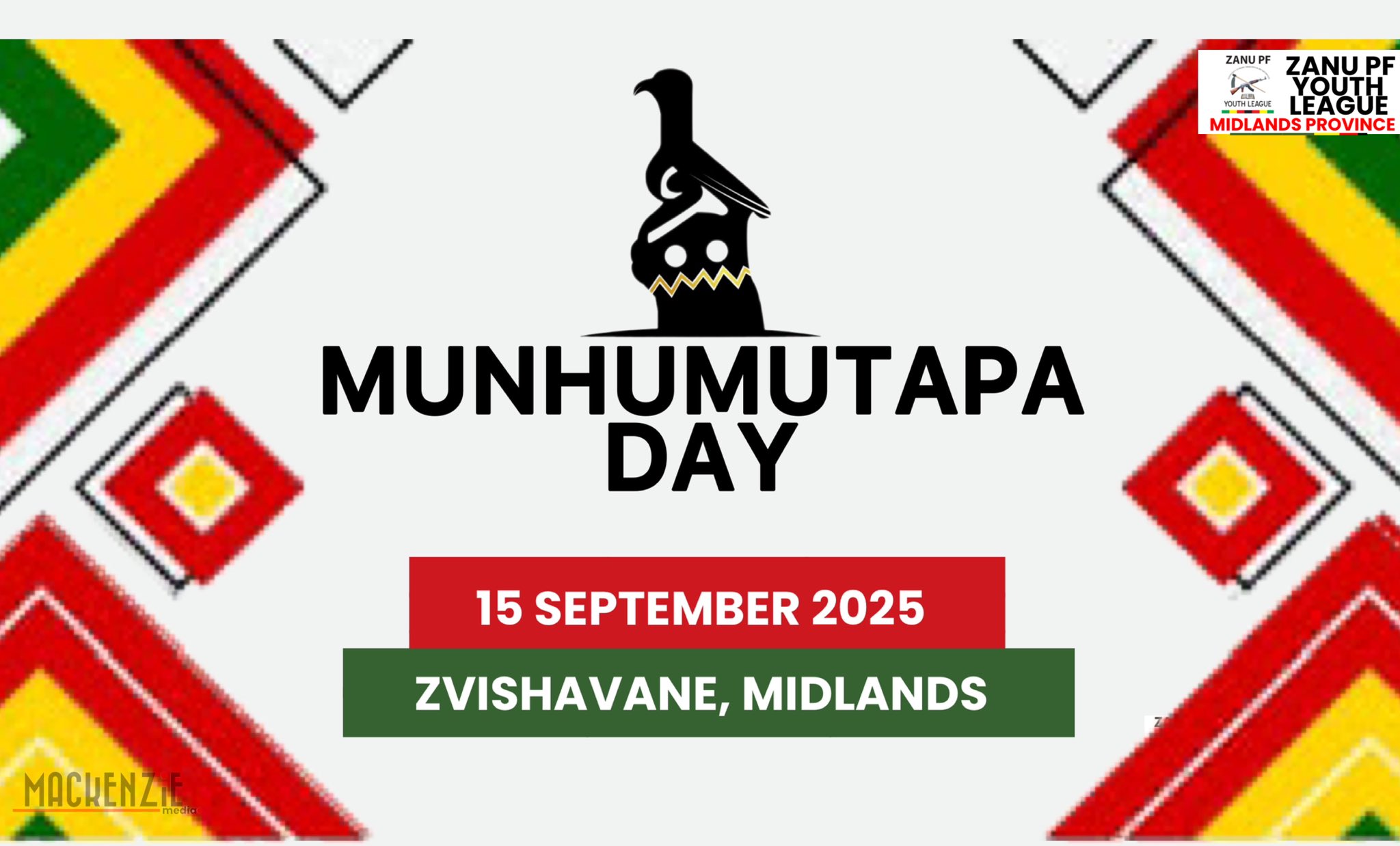

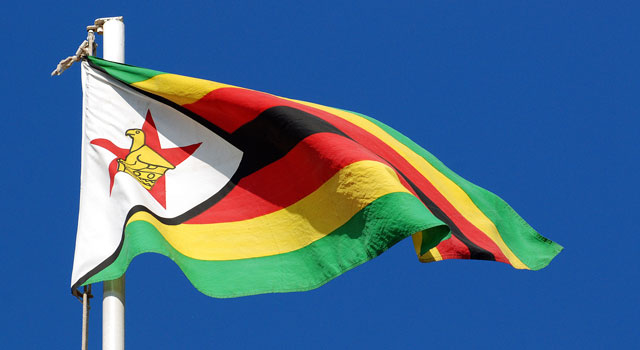
 Young Investment Professional (YIP) Graduate Programme 2019
Young Investment Professional (YIP) Graduate Programme 2019
Editor's Pick